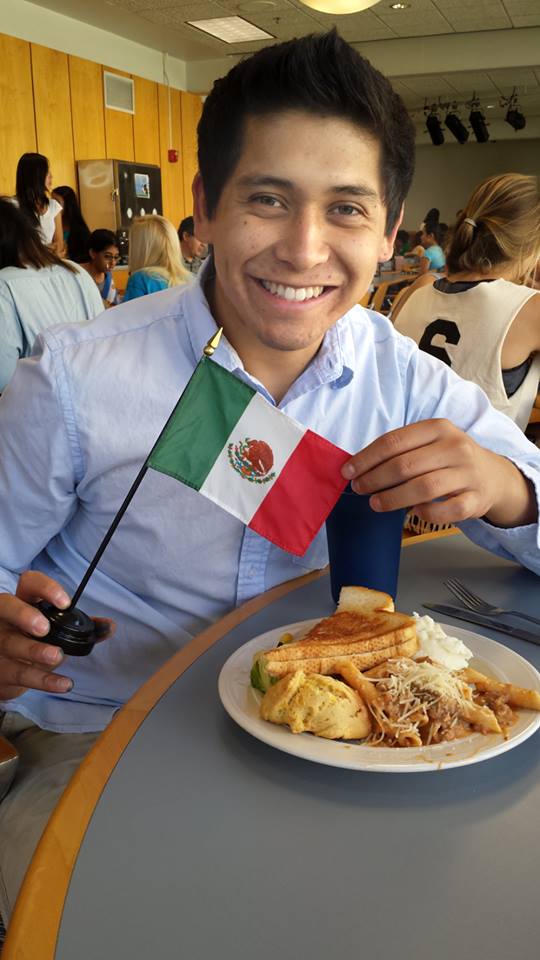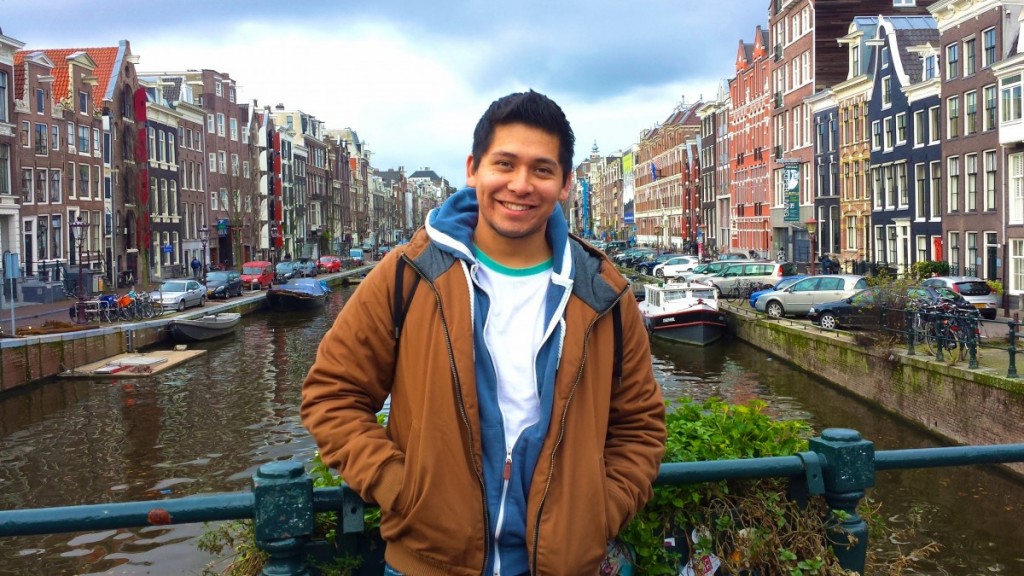It is no surprise that socioeconomic diversity diminishes while being abroad. Study abroad programs usually lack the financial aid that many institutions, like Pomona College, use to bring more students from different socioeconomic backgrounds on campus.
A low-income student myself, I was not expecting to see as many low-income students while being abroad because I understand that studying abroad is not a luxury many low-income students can afford. More surprisingly, I was pretty disappointed with most of the faculty I interacted with in my program because they had accepted the perceived notion that none of the students present were low-income.

Usually, it was not physical wealth that my peers exuded — it was more the statements they made. Things that seemed so normal to them were very distant to me. I used this opportunity to spur dialogue on the basis of class, especially with another fellow Questie and, luckily, my flatmate, too (shout-out to David Baxter). This became an opportunity for me to understand a culture so different than my own.

I learned so much from the discussions I had with my peers. Clearly, there was an obvious lack of awareness or self-reflection about the impact their socioeconomic status had on the things they would say. Maybe I became very cognizant of class once I realized none of their lifestyles were similar to mine. I remember that in high school, class distinctions weren’t apparent; we all came to the same conclusion that we were all low-income. In a similar sense, my study abroad peers came to a similarly pre-conceived conclusion; however, in this case, there was an overwhelming understanding that everyone was well-off. It was easier to accept this because there is no other way a kid who grew up in Santa Ana and lives under the national poverty threshold could be able to afford to study abroad.
For my last reflection of my study abroad experience, I wanted to write something meaningful but also something that calls for some self-reflection and acts as a catalyst for discussion.
Here is a list of the top 5 classist statements I overheard while being abroad.

- 1. “I miss my [insert aspect of luxurious lifestyle here].”
Many of my peers would emphasize how much they missed their house, their car, driving, their spacious room and other luxuries because the housing situation we were provided wasn’t good enough. Their standards were not met.
- “I’ll just tell Mommy/Daddy to send me money” or “Maybe I’ll just charge it on my dad’s credit card and apologize later, haha.”
Whenever a student ran out of their “budget,” many of them were not scared or conflicted. They knew they could ask for more money from their parents or get it by other means. I, on the other hand, had to be frugal and I knew that I couldn’t depend on anyone to send me money if I ran out.
- “I am going to be a poor kid and stay in this weekend.”
One of the nicest things about studying abroad in Europe is that transportation is pretty accessible and efficient. However, it was still too costly to travel every weekend. Some of my peers did, however, manage to travel all weekends while being in Europe. And when they couldn’t, they would describe themselves as being “poor.”

- “Why are we having red wine with chicken? What are we, poor?”
Fine dining is classist. There is no doubt about it. People with higher incomes can afford to send their children to etiquette courses and learn the “proper” way to dine, what color of wine goes with what type of dish/meat, and how to hold silverware properly.
- “Oh, you guys shop at Aldi?”
I cannot tell you how many times our friends would come up to David and I and ask us why we went farther to get our groceries than the nearer shop. Are you not thinking about the quality? Before we could think about the quality, many of us low-income students have to think about the fact that we cannot afford to shop all organic or fair trade. (Although, someday, we would like to be able to afford healthier, more responsibly-produced foods). We had to think about the price, so we went wherever it was cheaper, which in Germany was Aldi.
